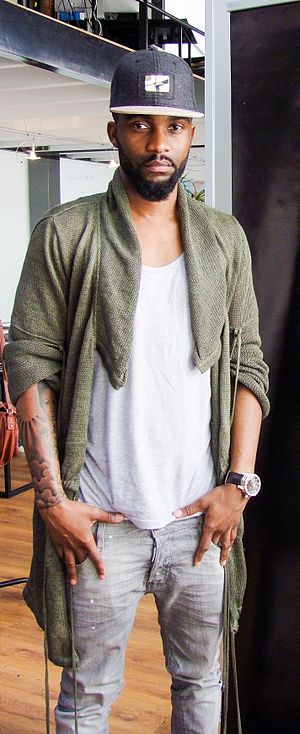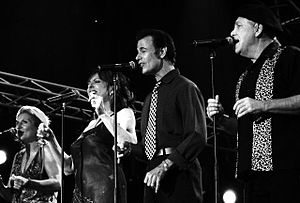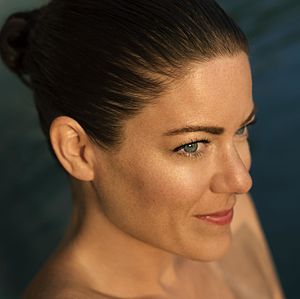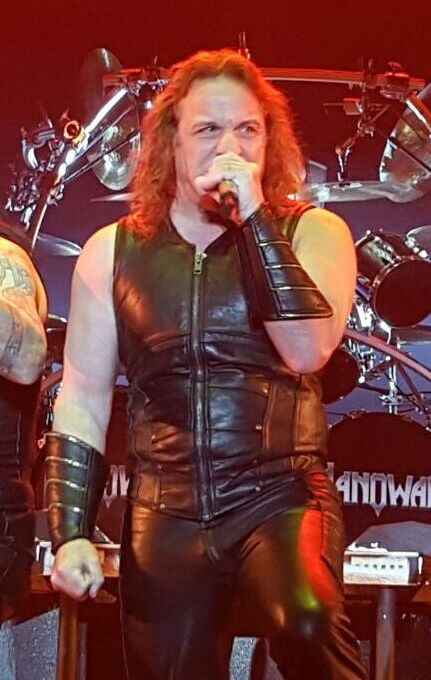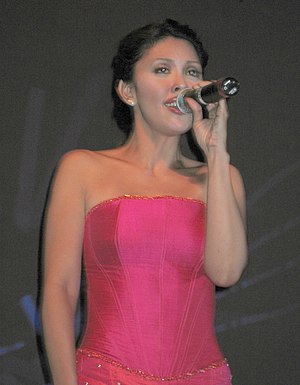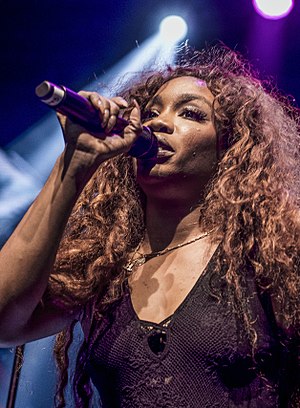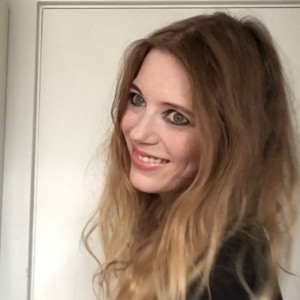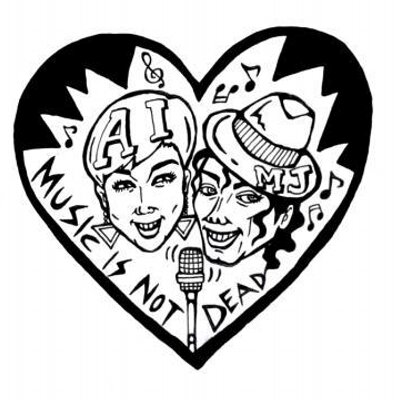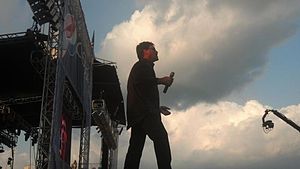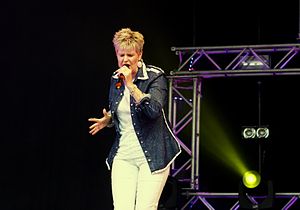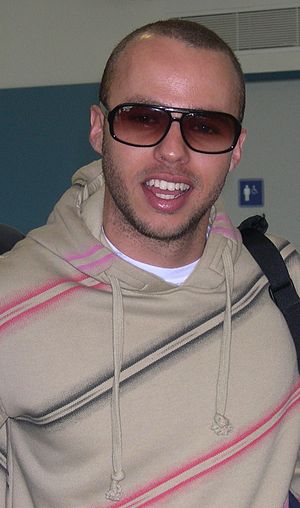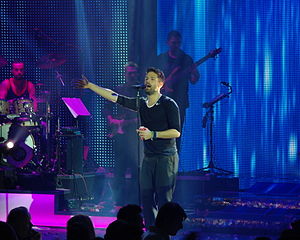Fally Ipupa
Popular As Dicap La Merveille · El Marabiocho · El Pibe de Oro · El Mara · 3x Hustler · El Rey Mago · The King · Aigle · Empereur 4K
Birthday December 14, 1977
Birth Sign Sagittarius
Birthplace Kinshasa, Zaire (modern-day Democratic Republic of the Congo)
Age 46 years old
Nationality Democratic Republic of the Congo
#47922 Most Popular


